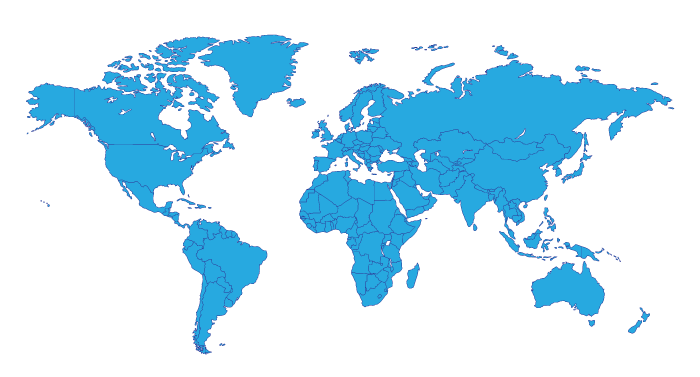Need Help?
Frequently Asked Questions
What is meant by the term compliance?
Compliance means adherence to laws, rules and guidelines by the company (and its employees). The aim of a compliance system is to prevent violations and thus protect the company from risks such as criminal offences and fines. With regard to specific risks, money laundering and terrorist financing, among other things, also play a role.
What is meant by the term GwG?
GwG is the abbreviation for the German Money Laundering Act (Geldwäschegesetz), which came into force in 2012 and is continuously being amended. It stipulates that from €10,000.00, there is an obligation to provide proof of where the money comes from. The German Money Laundering Act regulates, among other things, who is obliged to combat money laundering and terrorist financing and which measures must be implemented by those affected in this context. Furthermore, the obligations also include the identification of the contractual partner, the obligation to obtain information on the type and purpose of the business relationship and the identification of a beneficial owner who differs from the contractual partner.
Our electronic identity verification (eIDV) helps you to comply with the requirements of the (German) Money Laundering Act.
What is meant by the term AML?
AML stands for Anti-Money Laundering and refers to laws and regulations designed to prevent financial crime (e.g. disguising illegally obtained money as legal income). Each country has its own AML rules. In Germany, this is the Geldwäschegesetz (GwG). Companies must comply with these laws and integrate the procedures into their processes. This also includes the KYC procedure.
Our electronic identity verification (eIDV) helps you to comply with anti-money laundering requirements. The AML feature compares a person's name with national and international sanctions lists and politically exposed persons.
What is meant by the term KYC?
KYC is the abbreviation for Know Your Customer. This refers to the identification and verification of customers and/or business partners. There are already industries (e.g. the financial sector) where such identity checks are required by law. The basis for this is the Money Laundering Act. The KYC principle supports the fight against money laundering, terrorist financing and other economic crime. In this way, unexpected risks in a new business relationship can be avoided (e.g. bogus companies, dubious sources of money, etc.). KYC is part of due diligence.
Our electronic identity verification (eIDV) supports KYC systems to reduce manual effort and minimise public reputational risks. Our KYC function matches a person with several trusted, domestic reference data, e.g. authorities or credit agencies.
What is the difference between KYC and AML?
KYC are measures that institutions must take to verify the identity of their customers. On the other hand, AML operates on a broader level, as measures must be taken to prevent money laundering, terrorist financing and other financial crimes. This is of particular interest to banks as they need to ensure AML and KYC compliance to ensure secure financial transactions and operations.
What is meant by the term KYB?
KYB is the abbreviation for Know Your Business. This process is similar to the KYC process. However, KYB focuses on the identification and verification of companies and suppliers. Companies develop processes such as KYB and KYC in order to comply with regulations such as anti-money laundering and combating terrorism. This is because such criminal activities must be prevented in order to comply with international guidelines and regulations.
What is meant by the term due diligence?
The term due diligence (DD) refers to a careful examination and analysis of a company or person with regard to economic, legal, tax and financial circumstances. The aim is to be as secure as possible in order to only work with organisations that offer security and guarantees. In most cases, this is mandatory in order to comply with the law and thus combat money laundering and tax offences.
The due diligence concept originated in the United States of America but has since gained international significance. In Germany, the Money Laundering Act justifies the performance of due diligence. However, some customers, such as politically exposed persons, represent an increased risk. Due diligence measures may then no longer be sufficient to adequately identify these risks. Extended due diligence procedures should then be applied.












